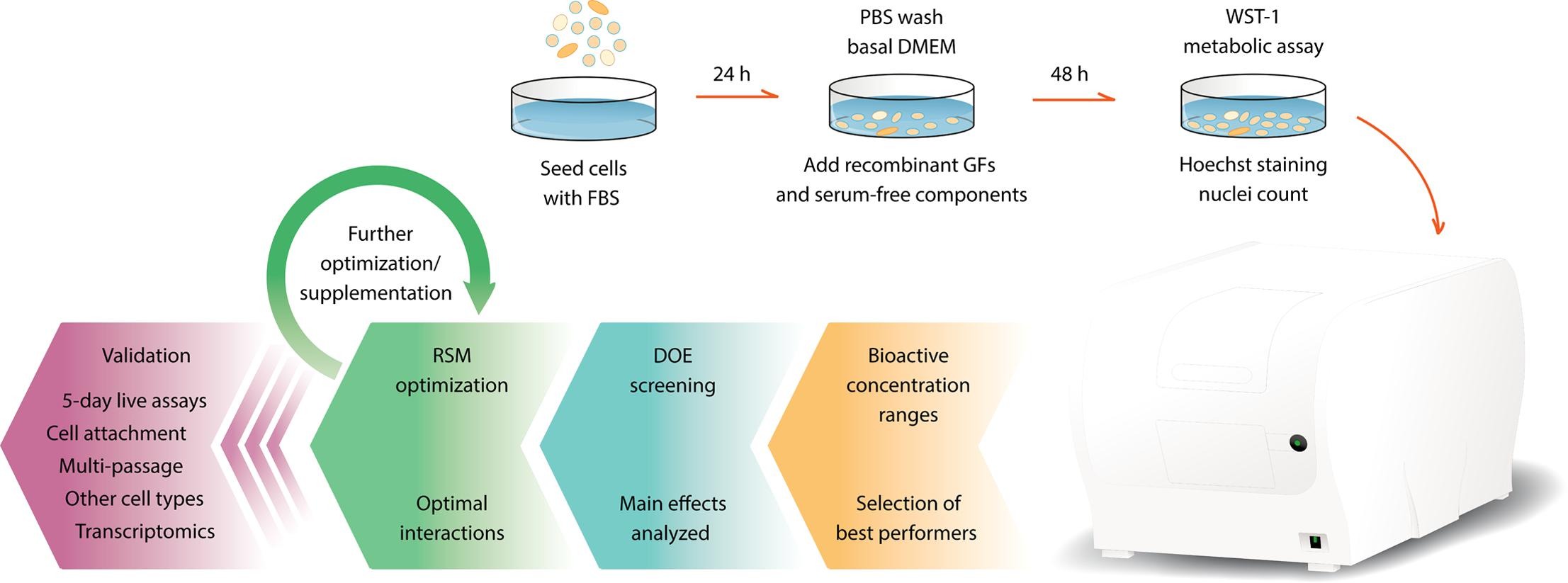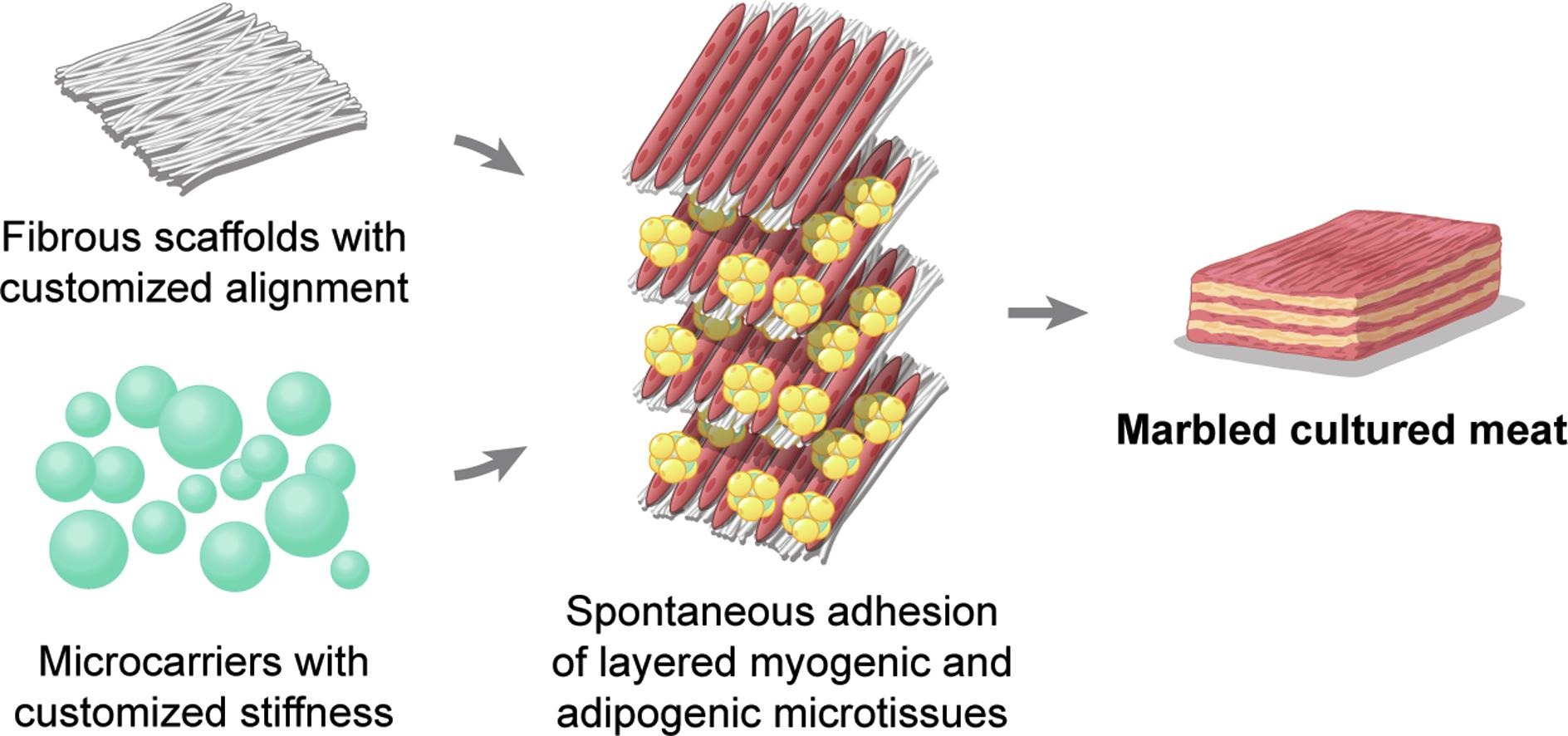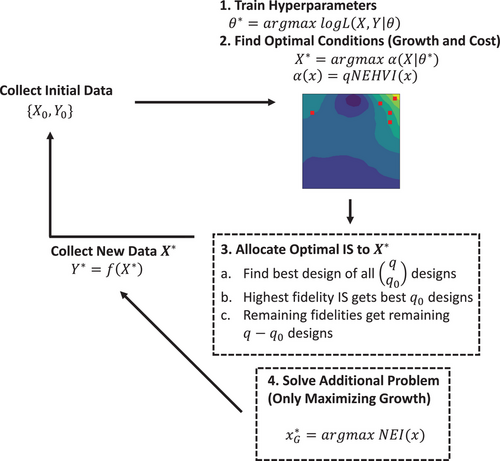- Overview
- Summary
- Cite This Publication
Overview
Who: Isha Datar, Mirko Betti
Published: October 26, 2009
Where: Innovative Food Science & Emerging Technologies
Key Takeaway: In vitro meat production could be a humane, safe, and environmentally beneficial alternative to traditional meat production. Challenges include addressing nutritional requirements and reaching industrially relevant production scales.
Research Topics:
Summary
Isha Datar et al. review the benefits of an in vitro meat production system and the possible methodologies of production, followed by an in-depth review of cell, scaffold, culture, and bioreactor requirements. The review further discusses how in vitro meat production systems can minimize the likelihood of the spread of diseases, as well as the potential ability to tune the nutritional quality of meat products. Challenges including ensuring that all necessary nutrients are present, providing adequate conditions for metabolism, and scaling up production to industrially relevant scales are discussed.
Written by Nina Strasky
Cite This Publication
Datar, I., & Betti, M. (2010). Possibilities for an in vitro meat production system. Innovative Food Science and Emerging Technologies, 11(1), 13–22. https://doi.org/10.1016/j.ifset.2009.10.007
You Might Also Like...

A simple and robust serum-free media for the proliferation of muscle cells
Stig Skrivergaard, Jette Feveile Young, Navid Sahebekhtiari, Cameron Semper, Meenakshi Venkatesan, Alexei Savchenko, Peter J. Stogios, Margrethe Therkildsen, Martin Krøyer Rasmussen

Engineering multicomponent tissue by spontaneous adhesion of myogenic and adipogenic microtissues cultured with customized scaffolds
N. Stephanie Kawecki, Sam C.P. Norris, Yixuan Xu, Yifan Wu, Ashton R. Davis, Ester Fridman, Kathleen K. Chen, Rachelle H. Crosbie, Andrea J. Garmyn, Song Li, Thomas G. Mason, Amy C. Rowat

Multi-objective Bayesian algorithm automatically discovers low-cost high-growth serum-free media for cellular agriculture application
Zachary Cosenza, David E. Block, Keith Baar, Xingyu Chen

